Don't let malaria threaten your health, especially when travelling. Understanding how this serious disease is transmitted and recognizing its symptoms is your best defense. This guide provides the critical knowledge you need to stay safe and protected.
What are the main causes of Malaria?
- Malaria is caused by Plasmodium parasites, which are transmitted to humans through the bites of infected female Anopheles mosquitoes.
- The parasites travel through the bloodstream to the liver, where they mature before infecting red blood cells, which causes the illness to manifest.
- While rare, malaria can also be transmitted through blood transfusions, organ transplants, or from an infected mother to her unborn child during pregnancy.

Key symptoms of Malaria to watch for
- Common initial symptoms include high fevers, shaking chills, and profuse sweating, which often occur in a cyclical pattern every few days.
- Individuals may also experience severe headaches, muscle pain, fatigue, nausea, and vomiting, which can sometimes be mistaken for the flu.
- Severe malaria can lead to life-threatening complications like anemia, kidney failure, breathing difficulties, and cerebral malaria, which affects the brain.
How can you prevent Malaria effectively?
- The most effective prevention is avoiding mosquito bites by using insect repellent, sleeping under insecticide-treated nets, and wearing protective, long-sleeved clothing.
- Antimalarial medications (prophylaxis) are highly recommended for travelers visiting high-risk areas; consult a doctor to get the right prescription before your trip.
- Community efforts to control mosquito populations, such as draining stagnant water sources and indoor residual spraying, are crucial for reducing transmission.
>>> See more: Dengue Fever: Symptoms, Treatment, and Prevention
Image of the disease Malaria
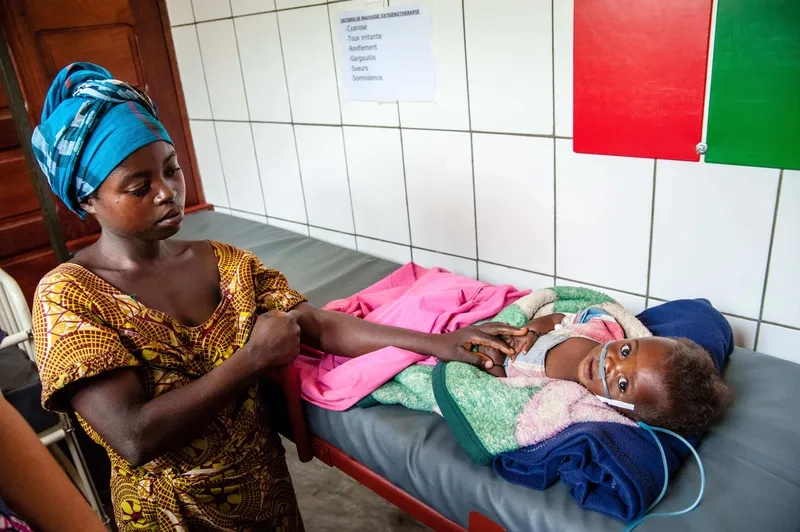
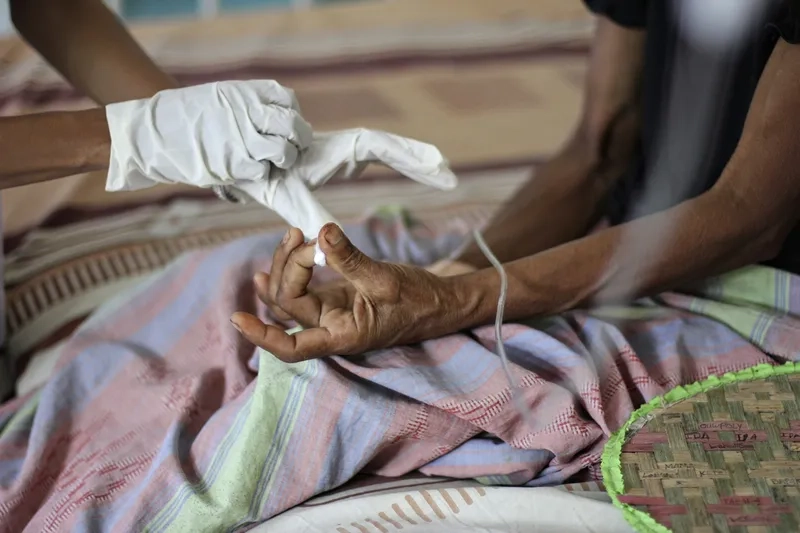
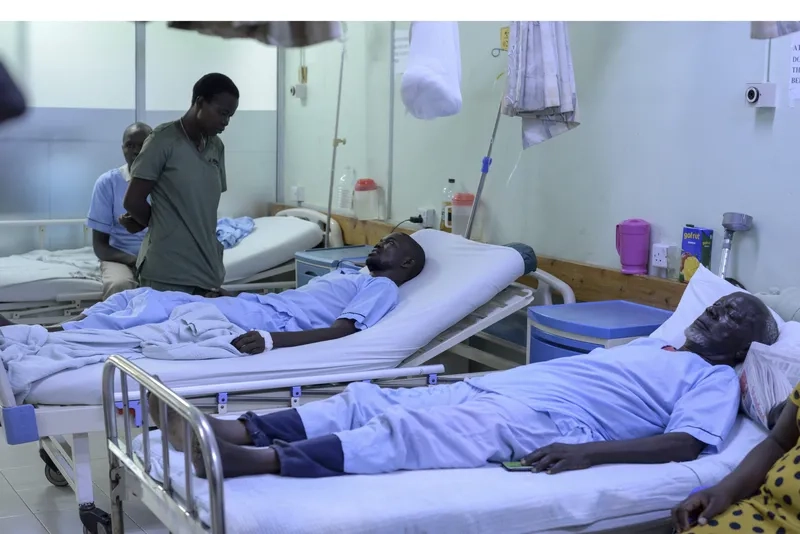

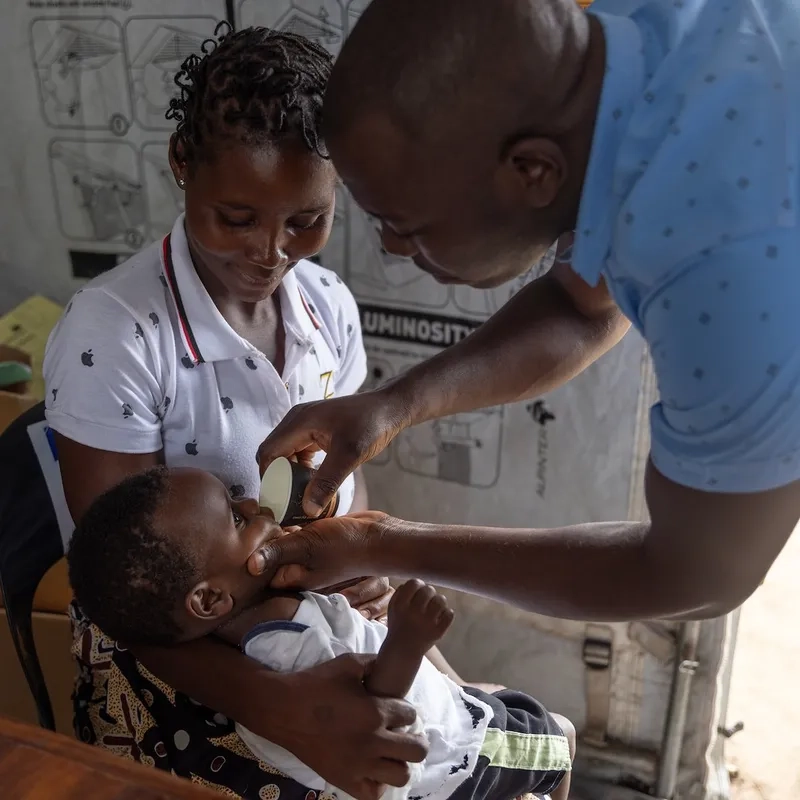

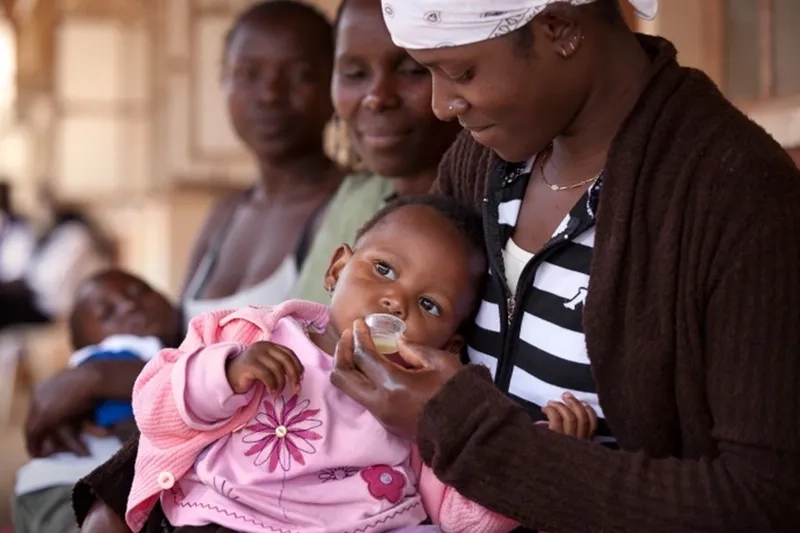
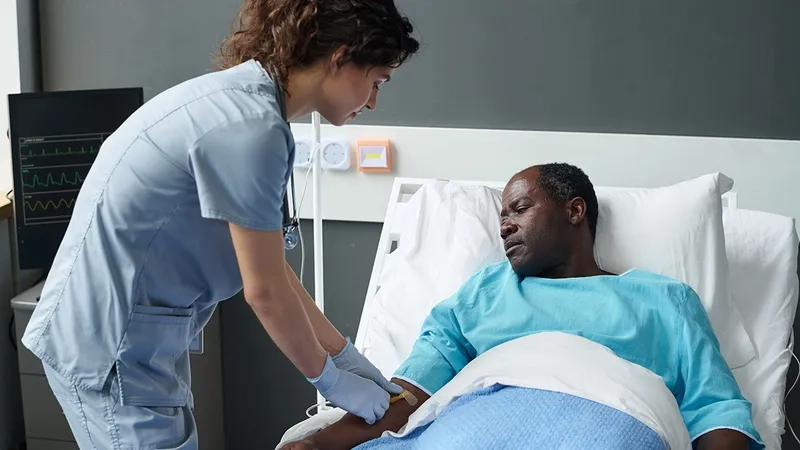
>>> Discover more: Hepatitis C: An Overview of Diagnosis and Treatment
Being proactive is essential for malaria prevention. By taking precautions and recognizing symptoms early, you can protect yourself and others. If you suspect you have malaria, seek immediate medical attention for diagnosis and treatment.
>>> Read more here: Leishmaniasis: A Guide to this Parasitic Disease






